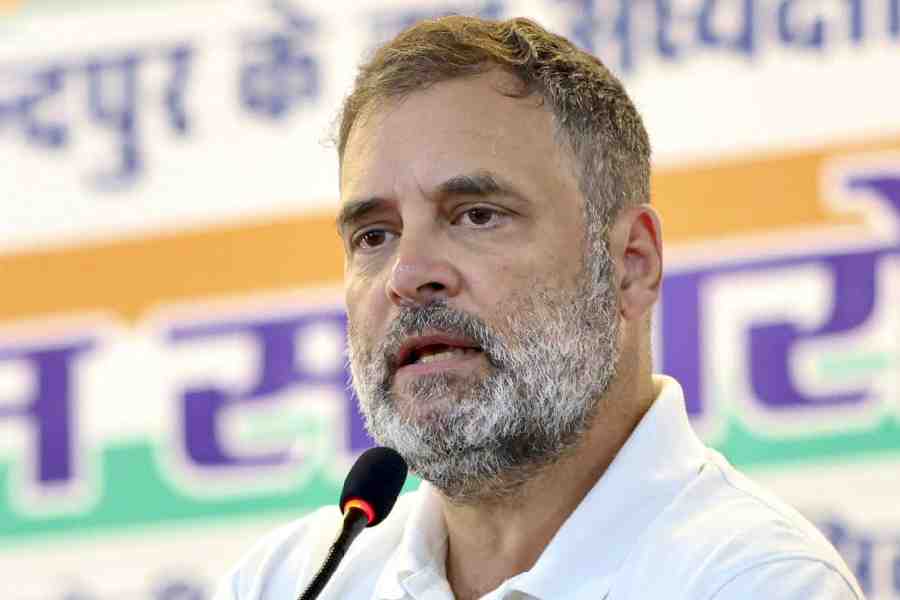A top Union government adviser on Monday claimed that USAID had effectively run and influenced the design and analysis of India’s National Family Health Surveys (NFHS) since the 1990s until “it was stopped two years ago”.
Sanjeev Sanyal, a member of the Economic Advisory Council (EAC) to the Prime Minister, said he and late economist and EAC chairman Bibek Debroy had strongly pushed against this and the latest NFHS 2023-24 is being done by the Union health ministry on its own. “Not only were we allowing a foreign agency to harvest our medical data but by allowing them to design surveys and direct analysis, we were letting them influence our national health responses,” Sanyal said on X.
The NFHS conducted periodically by the International Institute of Population Sciences (IIPS), Mumbai, a unit of the health ministry, is “the most important medical dataset in India and drives a lot of health policy”, Sanyal said.
The surveys probe multiple aspects of maternal, child and adult health, collecting data on marriage, fertility, contraception, reproductive health, children’s immunisation, nutrition, alcohol and tobacco consumption, access to cancer screening and gender-based violence, among other health-related metrics.
USAID had funded the NFHS-3 conducted in 2005-06, NFHS-4 2015-16 and NFHS 2019-21, according to information on the IIPS website. The NFHS 2019-21 sampled 6,10,000 households across the country.
Sanyal said much of the NFHS questionnaire was “deliberately skewed” to support certain social narratives. The questionnaire for men, for instance, is only 29 pages but that for women is 94 pages.
“A lot of the additional questions are deliberately worded to elicit a narrative of intra-family violence against Indian women,” Sanyal wrote on X. “Must say, very slyly done.” His remarks come amid the US government’s moves under President Donald Trump to dismantle USAID.
Sections of health specialists who are familiar with the NFHS design, however, said it would be unfair to portray the surveys as having been intentionally designed to promote specific narratives. “The NFHS has been a part of a global exercise that used common questionnaires in dozens of countries — with opportunities to accommodate country-specific questions, in our case India-specific questions. And the NFHS survey was approved by the health ministry — it would be inappropriate to suggest that the survey was driven by USAID,” said a specialist with a central institution.
A population science specialist in a US university who also requested anonymity told this newspaper that the health ministry has full oversight into the NFHS. “Every NFHS report was signed off, endorsed and owned by the health ministry. The ministry had control over the content of the questions,” the specialist said.











